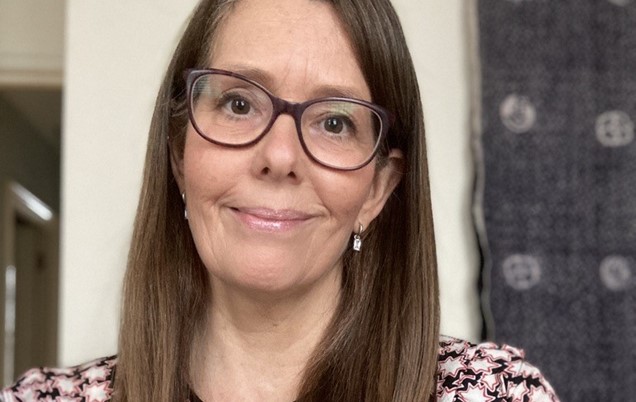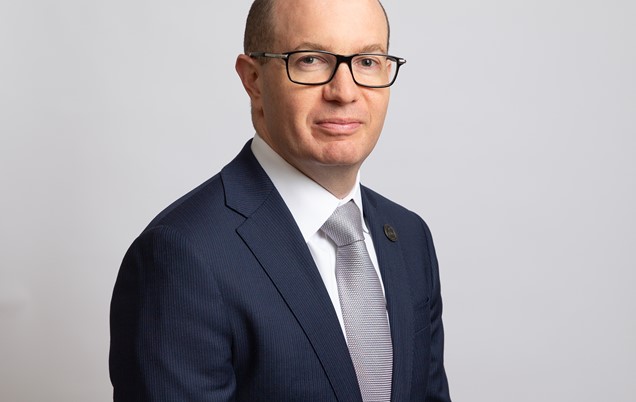Advice hub. Paying Utility Bills
It is important to remember that gas and electricity bills are classed as priority bills, which means there can be severe consequences for missing or being late on a payment. Priority debts are those debts which must be paid before other debts like credit cards.
If a person doesn’t pay their energy bill/s suppliers can collect the debt using a debt collection agency. They can also get a court warrant to enter their homes to fit a pre-payment card meter. In very rare cases, if a bill hasn’t been paid after 28 days, a household might be threatened with disconnection of supply, but normally a pre-payment meter will be offered.
Get in touch with energy suppliers
The first step for anyone who is struggling to pay their energy bills and at risk of arrears or already in arrears, is to contact their supplier to discuss ways to pay what is owed.
OFGEM rules means that suppliers have to help customers find a solution that they can afford.
For those who pay for their energy after they use it (for example by monthly direct debit or quarterly bill) the solution could be to pay off the debt in instalments as part of a payment plan. Payment plans cover what you owe and an amount for current usage.
Suppliers must consider:
- How much someone can afford to pay, this includes details about income, outgoings, debts and personal circumstances.
- Future energy use – this will be estimated on past usage so providing regular ongoing meter readings will help make this accurate.
Help for customers unable to top up a prepayment meter.
Pre-payment customers can get temporary credit if they can’t afford to top up their meters or are having problems topping up. Suppliers might add this automatically when credit runs out or it may need to be requested.
Extra temporary credit might be added once the initial temporary credit runs out if a customer is viewed as ‘vulnerable’, for example, those who have a disability, long-term health condition, illness, injury, are pregnant or have children under five. Temporary credit has to be paid back in agreement with the supplier. The debt is paid back each time the meter is topped up. If this becomes unaffordable perhaps due to rises in cost of energy or decreases in income, customers should inform their supplier and ask them to reduce the amount paid back. Suppliers have to take into account what customers can afford to pay back so it is important that customers make them aware of changes in circumstances.
A supplier has to replace a prepayment meter with a normal meter (one that lets payments for energy be made after use rather than before, if customers have a disability or illness that makes it:
- hard to read, use or put money on the meter.
- harmful to health if electricity or gas is cut off.
It may be possible to have some utility bills paid directly out of benefits payments for those on the following benefits:
Universal Credit; Income-based Jobseekers Allowance; Income-related Employment and Support Allowance; Income Support or Pension Credit.
This is known as Fuel Direct or third-party deductions, a fixed amount is taken off the benefits payment to cover what is owed and an extra amount for current use. This can be more convenient than having a pre-payment meter fitted and reduces the risk of running out of gas and electricity. For customers already paying off energy debts via benefits they can also ask to start paying energy bills directly from benefits.
find our more here: https://www.gov.uk/bills-benefits
Eligibility for Fuel Direct
For those working and getting Universal Credit then eligibility is based on earning less than the ‘work allowance’. To check this contact the Job Centre https://www.gov.uk/universal-credit/contact-universal-credit
Apply for Fuel Direct
Individuals need to ask either the Job Centre or Pensions Service to use their benefits to pay gas and electricity bills. Those in receipt of pension credit should contact the Pension Service https://www.gov.uk/contact-pension-service and for those on another benefit contact the Job Centre https://www.gov.uk/universal-credit/contact-universal-credit. A meter reading should be taken before applying for Fuel Direct to ensure the bill as an accurate as possible in advance of payments being taken from benefits.
Important, until April 2023 a supplier can’t make customers pay their energy bills via their benefits - customers have to request this. Suppliers are also not allowed to request increased payments from customers to them via benefit payments.
Further Information
Citizens Advice provides a wide range of further information on their websites about contacting energy suppliers; who is deemed as ‘vulnerable’ and the key steps to take if unable to pay energy bills.
Check out their website here.





